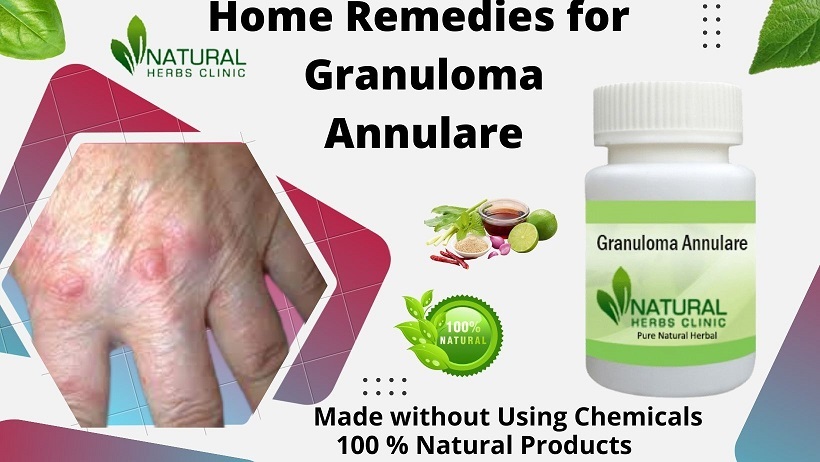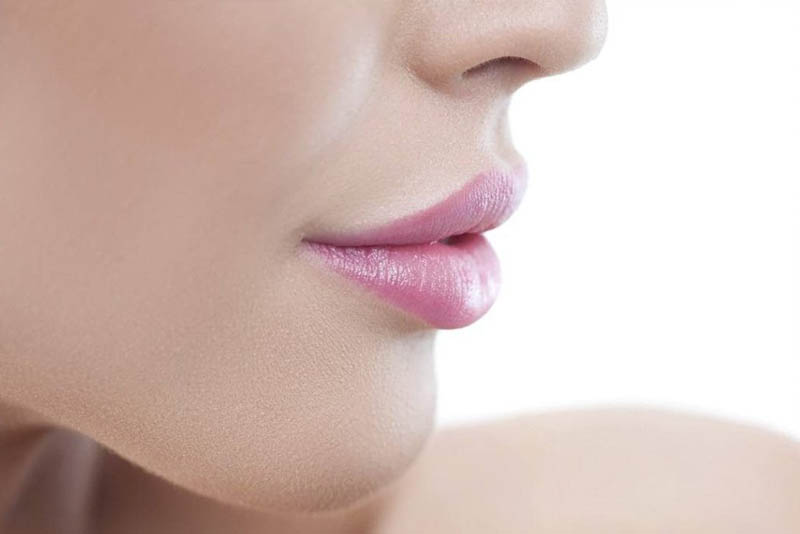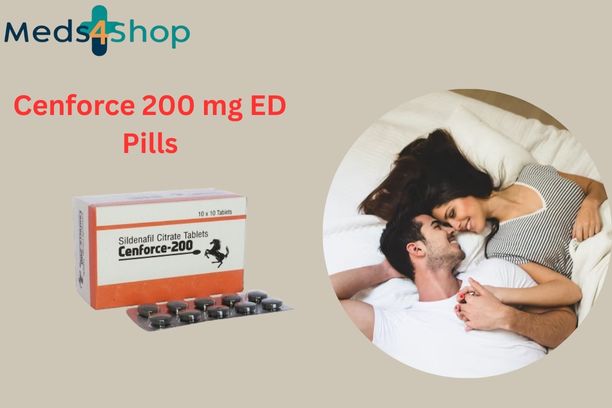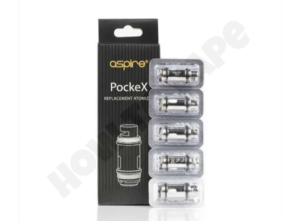Mental Health Medications 101: Understanding Your Options and Their Benefits
Mental health conditions can significantly impact daily life, and understanding which medications can help is essential for effective treatment. Various types of mental health medications target specific symptoms and conditions. Here’s a guide to help you navigate your options and find the most beneficial medications for your needs.
1. Medications for depression
Antidepressants are frequently used to treat anxiety and depression. They function by changing the brain’s neurotransmitters, including dopamine, norepinephrine, and serotonin. Antidepressants are divided into multiple classes:
Serotonin Reuptake Inhibitors (SSRIs):
drugs such as escitalopram (Lexapro), sertraline (Zoloft), and fluoxetine (Prozac) belong to this class. Because of their effectiveness and comparatively few side effects, SSRIs are frequently the first-line treatment for depression and anxiety.
Serotonin-Norepinephrine Reuptake Inhibitors (SNRIs):
This class of drugs includes drugs like duloxetine (Cymbalta) and venlafaxine (Effexor). SNRIs work well for treating anxiety and depression, and they may also be able to treat chronic pain.
Tricyclic Antidepressants (TCAs):
Due to their negative effects, older drugs like nortriptyline and amitriptyline are less frequently used, but they may still work well for some people.
Monoamine Oxidase Inhibitors (MAOIs):
These drugs are usually prescribed in the event that other antidepressants have not worked, such as tranylcypromine (Parnate) and phenelzine (Nardil). Dietary restrictions are necessary to prevent serious adverse effects.
Antidepressants might be helpful, but they can also have negative side effects include weight gain, gastrointestinal problems, and sexual dysfunction. Finding the proper prescription may need some trial and error, and results may not be seen for several weeks.
2. Medication for Anxiety
Excessive concern or fear are the hallmarks of anxiety disorders, which can have crippling effects. There are several drugs available to treat anxiety:
Benzodiazepines:
Drugs that relieve acute anxiety symptoms quickly include lorazepam (Ativan), diazepam (Valium), and alprazolam (Xanax). However, because of the possibility of dependence and withdrawal, they are usually only advised for brief periods of time.
Buspirone:
This drug can be used to treat chronic anxiety instead of benzodiazepines. It functions differently by focusing on serotonin receptors, and it often has less negative effects and a lesser risk of addiction.
Antidepressants:
SNRIs and SSRIs work well for anxiety disorders as well. These drugs can help treat depression and lessen anxiety symptoms, and many people find long-term relief from them.
It is important to evaluate the advantages of anti-anxiety drugs against the risk of benzodiazepine dependence. It is frequently advised to combine therapy with medicine for the greatest results.
3. Psychiatric Support
The main purpose of mood stabilizers is to treat bipolar disorder, which is marked by sharp changes in mood. These drugs aid in mood stabilization and shield against manic and depressive swings.
Lithium:
One of the most well-established and potent mood stabilizers, lithium has a track record of successfully treating bipolar disorder. To keep an eye on levels and avoid toxicity, routine blood tests are necessary.
Anticonvulsants:
Medications used as mood stabilizers include valproate (Depakote) and lamotrigine (Lamictal). They are frequently chosen for people who do not react well to lithium and can be useful in preventing mood crises.
Atypical Antipsychotics:
Medication like aripiprazole (Abilify) and quetiapine (Seroquel) can help treat acute mania or depression and stabilize mood in bipolar disorder patients.
Mood stabilizers may cause weight gain, gastrointestinal problems, and cognitive impairments as adverse effects. Often, frequent monitoring is required, particularly when lithium is involved.
4. Drugs that are Antipsychotic
The main conditions that antipsychotics are used to treat are bipolar disorder and schizophrenia. They can assist in the management of symptoms such extreme mood swings, delusions, and hallucinations.
Atypical Antipsychotics:
Due to their efficacy and relatively reduced adverse effect profiles as compared to previous antipsychotics, medications including clozapine (Clozaril), olanzapine (Zyprexa), and risperidone (Risperdal) are frequently recommended. They may nevertheless result in altered metabolism and weight gain.
Typical Antipsychotics:
Although older drugs like chlorpromazine (Thorazine) and haloperidol (Haldol) can be helpful, they are more likely to have more serious side effects, such as drowsiness and movement abnormalities.
Antipsychotic drugs may have adverse effects or interact with other medications; therefore, they need to be managed and monitored carefully.
5. Inducing Agents
Stimulants can improve mood and energy levels in addition to being used to treat attention-deficit/hyperactivity disorder (ADHD). These drugs raise norepinephrine and dopamine levels in the brain.
Methylphenidate:
This class includes medications like Concerta and Ritalin, which are frequently recommended for ADHD. They can improve impulse control, focus, and attentiveness.
Amphetamines:
Drugs that effectively treat ADHD, such as Adderall and Dexedrine, can also elevate mood and increase motivation. They might have adverse effects including anxiousness and a faster heartbeat.
Stimulants have the potential to become habits, so close observation is necessary—especially for those with a history of substance misuse.
6. Organic Additives
Certain natural supplements have showed potential in promoting mental health in addition to prescription drugs:
Omega-3 Fatty Acids:
Associated with enhanced mood and cognitive performance, omega-3s are found in fish oil. According to certain research, they might aid in easing depressive symptoms.
St. John’s Wort:
For mild to moderate depression, this herbal supplement is frequently utilized. But because it may interfere with some medications, it is imperative to speak with a healthcare professional before using it.
L-theanine:
Known for its relaxing properties, L-theanine, which is present in green tea, may help lower anxiety levels without sedation.
While natural supplements have their advantages, you should always see a doctor before using them in place of prescription drugs.
7. Factors to Take Into Account While Selecting Drugs
Several considerations should be made when thinking about mental health medications:
Conclusion:
A precise diagnosis is essential for a successful course of therapy. Since mental health issues frequently coexist, consulting a healthcare provider is crucial to choosing the right drug for your individual needs.
Personal History:
The selection of medication may be influenced by adverse events, past medication experiences, and family medical history. Making decisions might be aided by talking with your provider about these aspects.
Adverse effects are a possible adverse effect of any drug. It is essential to comprehend these and how they could affect day-to-day living in order to make wise judgments.
Lifestyle and Preferences: Think about how taking medicine fits into your daily routine. Some people may choose not to take specific medications because they are worried about adverse effects or reliance.
Frequent Monitoring:
It’s common for mental health drugs to need constant observation and modification. Making routine follow-up sessions with your physician will guarantee that the treatment is still safe and effective.
In summary
For patients with mental health disorders, mental health drugs can be extremely helpful in symptom management and quality of life enhancement. There are several alternatives available, each with pros and downsides, ranging from mood stabilizers and antipsychotics to antidepressants.
It’s critical to view medicine as a component of a comprehensive treatment strategy that may include involve support groups, counseling, and lifestyle modifications. In the end, finding the ideal medicine for your needs through close collaboration with a healthcare practitioner will open the door to better mental and general health.














Post Comment